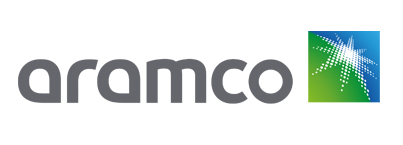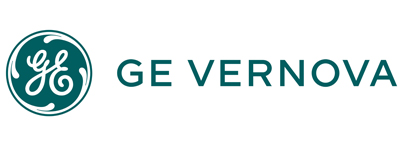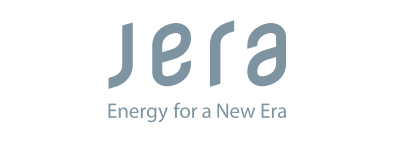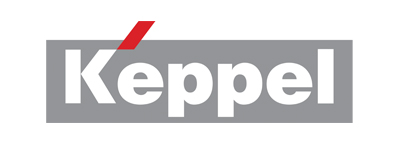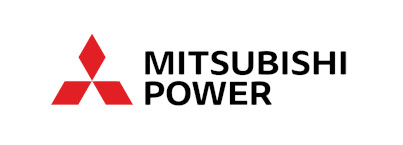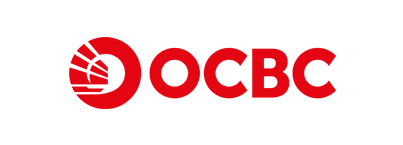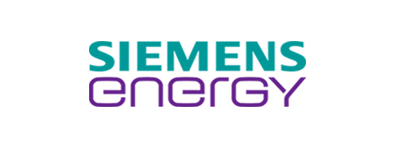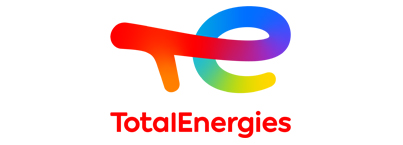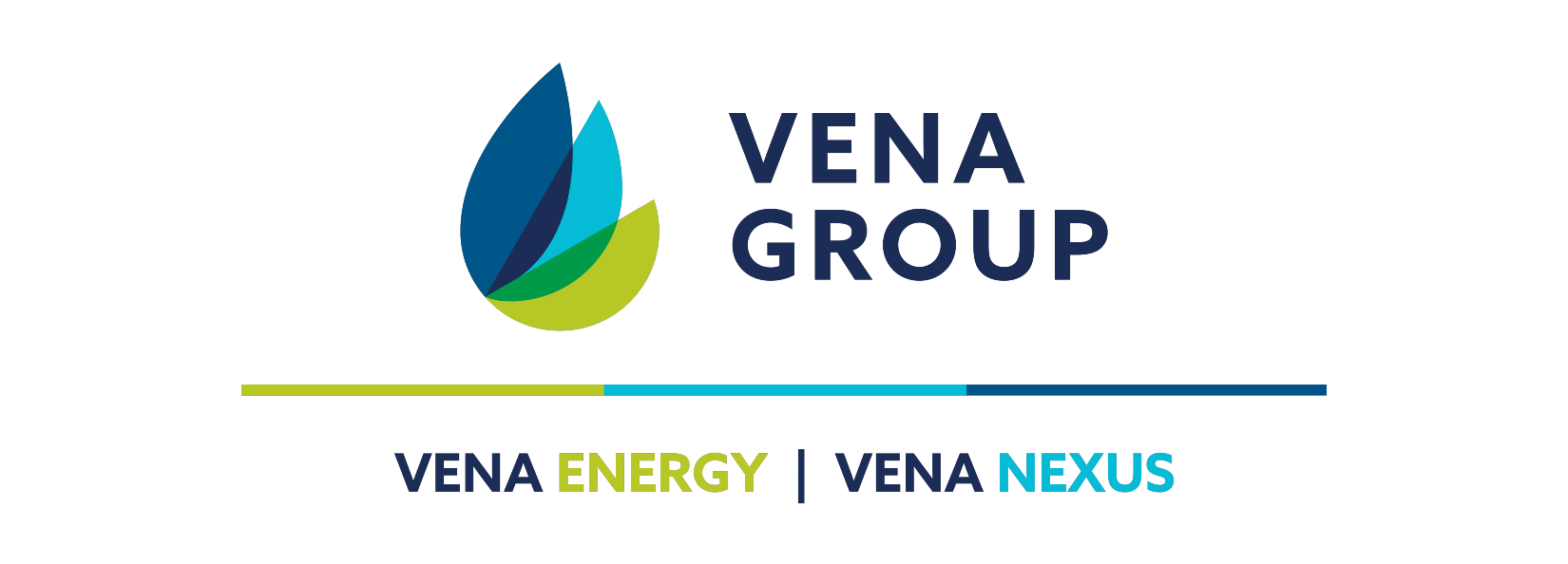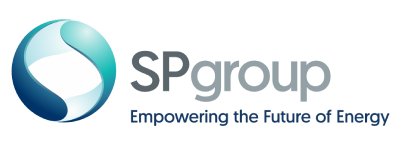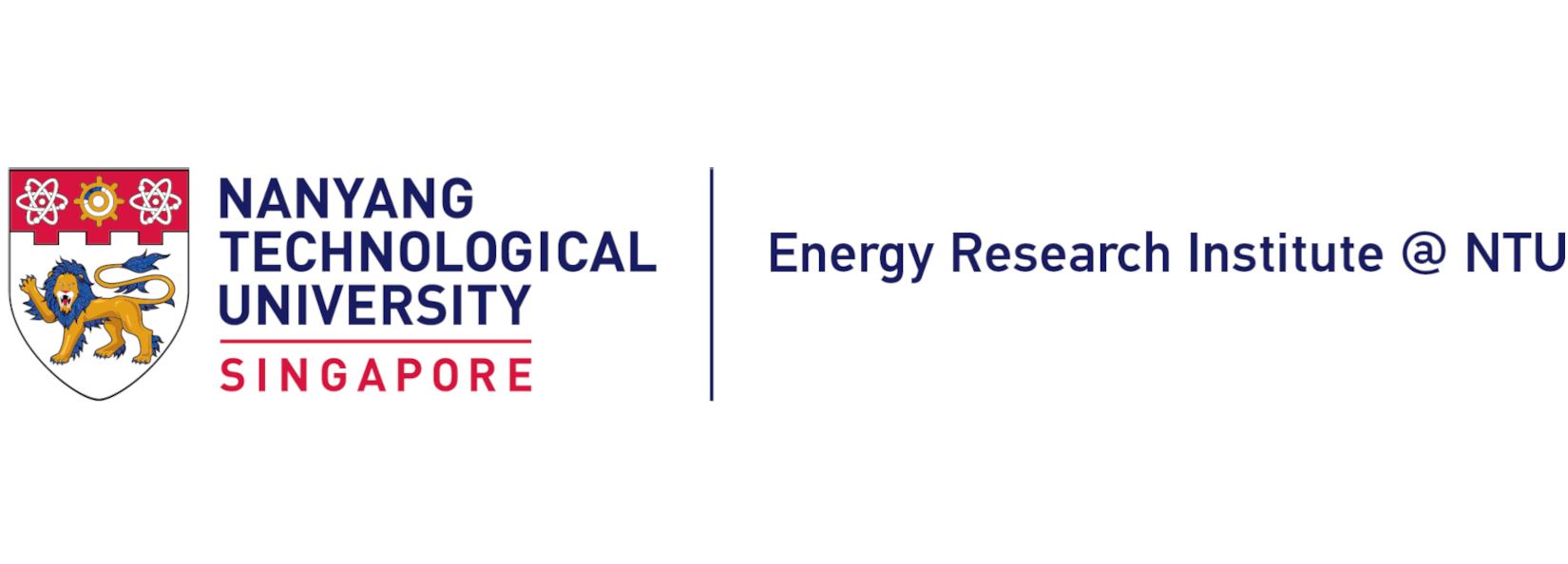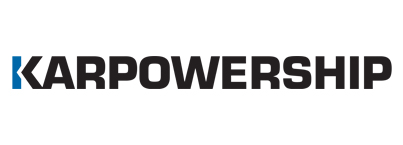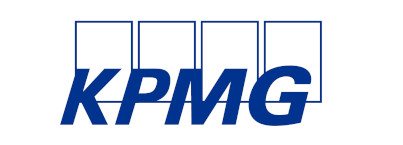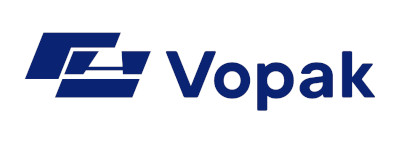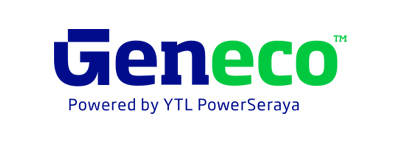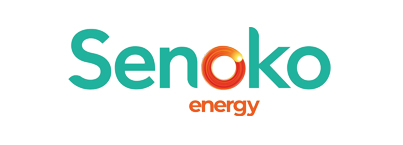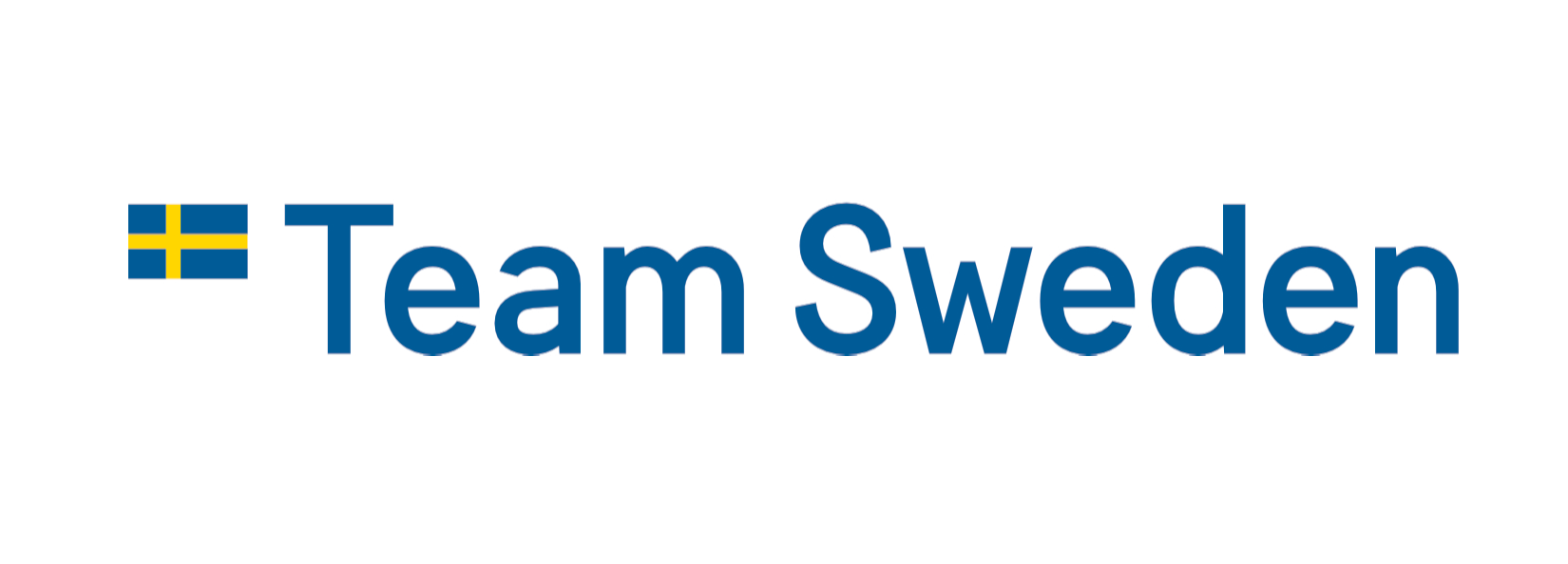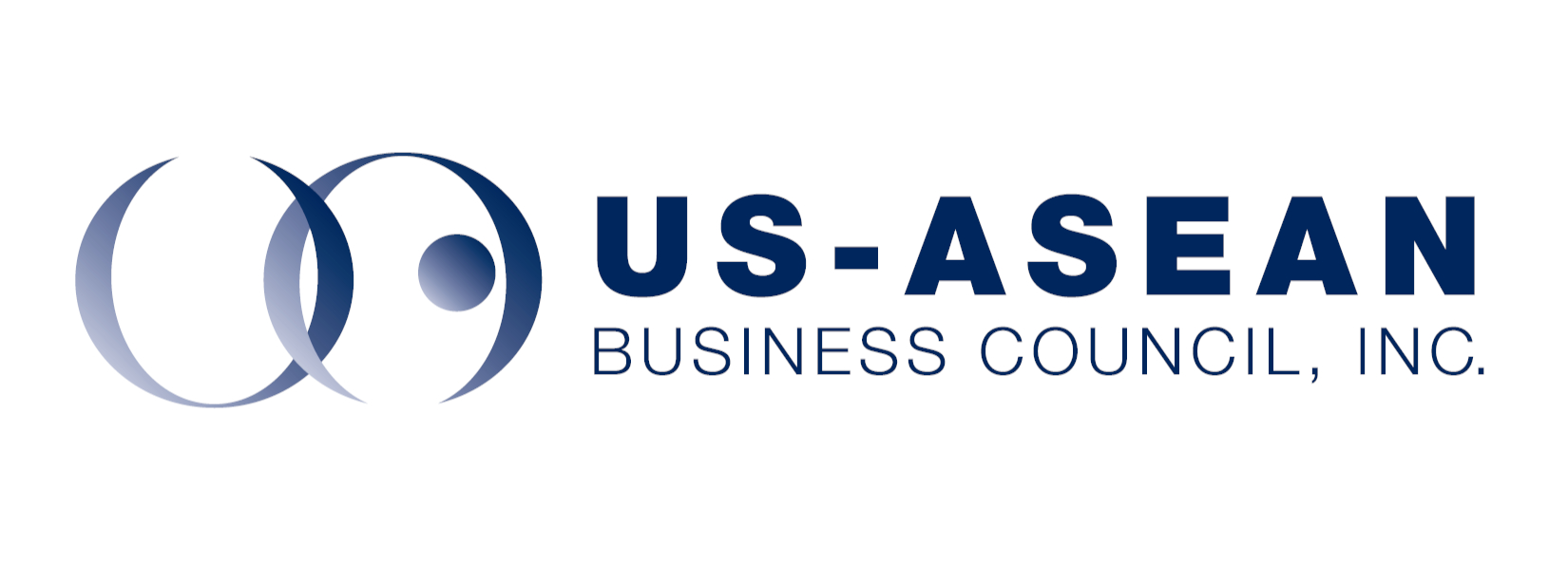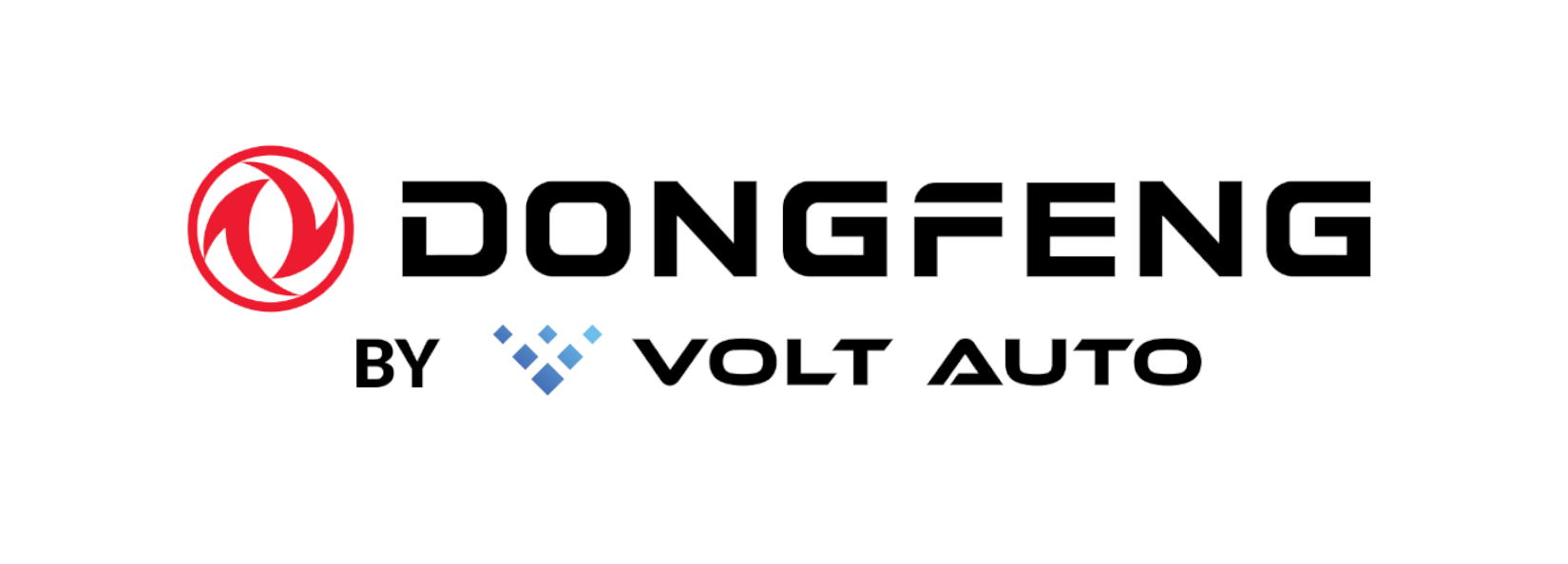Innovation the Key to a Carbon-Neutral Future: An Interview with Kazuhisa Yano, Chief Asia Representative, Osaka Gas
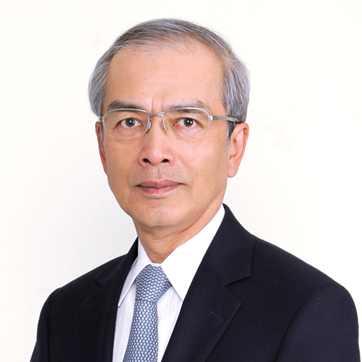
With an eye on decarbonisation, Kazuhisa Yano shares how the Daigas Group - of which Osaka Gas is an affiliate - aims to accelerate research and development in energy innovation to achieve its Carbon Neutral Vision by 2050. Among its breakthroughs is a prototype of a practical size cell for a technology that will help realise the decarbonisation of city gas supplies and more efficient production of hydrogen and liquid fuels.
Can you elaborate on Daigas' Carbon Neutral Vision and the pathways to achieve these goals by 2050?
Under the Carbon Neutral Vision announced in January 2021, the Daigas Group aims to become carbon neutral by 2050. The Group plans to reach the goal through decarbonisation of its gas and electricity. This will be by introducing methanation to generate gas with renewable energy and hydrogen and by increasing the share of renewables in its power generation portfolio that we have been promoting.
Methanation is a technology to produce methane, which is the main component of city gas, by using hydrogen and CO2. This technology will make it possible to supply the carbon-neutral gas through the existing gas infrastructure such as gas distribution networks, facilities, and appliances, leading to the realisation of a decarbonised society.
In the meantime, we strive to reduce as much CO2 emissions as possible by using the proven technology while the innovative decarbonisation technology is being developed. This will help to reduce the large cost of building a carbon-neutral society. The Daigas Group set the following targets for 2030 as the milestones for the Group's contribution to the reduction of CO2 emissions.
- 5GW of renewables development contribution on a global basis
- Nearly 50% of the Group's power portfolio in Japan consisting of renewables
- 10 million tonnes/year of CO2 emissions reduction contribution on a global basis in the Daigas Group's business and by its customers
We will continue promoting fuel conversion from coal to natural gas, a greener fuel, while working to realise the introduction of decarbonised gas to the distribution networks in the future.
-
Can you share more about Daigas' latest energy innovations?
With the aim of achieving carbon neutrality by 2050, the Daigas Group has been researching and developing various technology such as Solid Oxide Electrolysis Cell (SOEC) methanation. This is an innovative methanation technology that has potential to achieve high energy conversion efficiency in synthesising methane from CO2 and renewable energy.
SOEC is expected to achieve an efficiency as high as 85-90% in synthesising methane gas directly from water and CO2 without having to go through processes such as blue hydrogen production.
We have now succeeded for the first time in Japan in creating a prototype of a practical size cell, which is the key to realising the SOEC technology. We see the potential of this technology to be used not only for the decarbonisation of city gas, but also for the highly efficient production of hydrogen and liquid fuels. We will accelerate research and development through alliances with various organisations, with the aiming of establishing this technology by 2030.
We are pursuing a range of innovation opportunities that will lead to decarbonisation. With regard to hydrogen, we are developing the chemical-looping combustion technology that will contribute to the efficient production of clean hydrogen. We are in discussions with manufacturers to commercialise hydrogen turbines. As for ammonia, we have decided to invest in Starfire, a US start-up developing green ammonia production technology.

What new initiatives has Osaka Gas undertaken to drive decarbonisation and energy efficiency in the ASEAN region?
As the ASEAN region continues growing economically and shifting towards a decarbonised society, energy business expansion is expected in new fields such as solar, biogas, wind power and digital transformation, as well as in existing ones such as liquefied natural gas (LNG) terminals and power plants.
As emerging energy businesses in Southeast Asia, we mainly aim at the following three fields:
- Smart City: Smart City is one of the possible solutions to Southeast Asian countries that are planning new city development and large-scale redevelopment of existing cities. The latter requires a new urban system that can maintain a proper balance between energy consumption and environment conservation. We are capable of contributing to Smart City development in Asia by leveraging our renewable energy technologies combined with our know-how of advanced utilisation of natural gas. We gained these through many energy projects including District Heating and Cooling (DHC) which we pioneered in Japan.
- Biogas: We see marketing potential in Indonesia and Thailand where we can apply the technologies we use for biogas businesses targeted at Natural Gas Vehicles (NGVs) in Thailand. In this business, we produce Compressed Bio Gas (CBG) from palm oil mill effluent, which is refined using our proprietary technologies. Our long-accumulated know-how would contribute to the development of biogas business in Southeast Asia.
- Solar power generation: We have been operating the rooftop solar business for factories in Thailand since 2019, while expanding our solar power business in Japan and the US as well. We are exploring more opportunities to develop the solar power business in Southeast Asia.
What role does Osaka Gas see hydrogen playing in the energy transition?
Hydrogen will play a significant role in the energy transition since it can be utilised as a carrier of renewable energy and a feedstock for methanation. In the utilisation of hydrogen, we aim to realise its efficient and economical commercial application. To that end, we pursue innovation while applying our existing fuel processing system technologies for HYSERVE (a hydrogen generator) and ENE-FARM (a residential fuel cell unit).
We are participating in a hydrogen-related project in Singapore where Keppel Data Centres (Keppel DC) is planning to build an offshore data centre. The project will initially use LNG as the fuel for power generation at the beginning, with plans to switch more of the fuel to hydrogen in the future. City-OG, a joint venture between Daigas Group and City Gas, has signed a Memorandum of Understanding (MOU) with Keppel DC and is responsible for studying the optimal procurement of fuel including hydrogen.
In this project, various studies are conducted to establish a supply chain of hydrogen as fuel for power generation under the leadership of Keppel DC, in cooperation with several players including Japanese companies. It is very valuable for us to take part in this project in Singapore, which is the showcase of energy transition in Asia and is making pioneering efforts in various fields.
We would like to contribute to the success of the project by utilising our experience and know-how accumulated through our LNG value chain business. We also look forward to applying the expertise and knowledge we will gain through this project, to future decarbonisation projects in other Southeast Asian countries.
-
What are your views on SIEW 2021's theme, Advancing the Energy Transition?
Advancing the Energy Transition will require the development of a wide range of technologies and infrastructures, from upstream to downstream. There are areas where breakthroughs are needed, which can be achieved through global collaboration and alliances between various players, with the support from governments and financial institutions, under newly established international rules for alliance and support.
International conferences such as SIEW will play an important role in developing such rules and promoting mutual understanding among relevant players from around the globe.
There is no doubt that decarbonisation is going to become mainstream in the world. As the energy mix continues to shift from fossil fuel to renewables, LNG will increase its importance as a transition fuel. While this shift toward decarbonisation progresses gradually based on the balance between demand and supply, LNG plays a key role not only in promoting the shift but also in supporting the rapid economic growth during the shift.
We have established Osaka Gas Energy Supply and Trading Pte. Ltd in Singapore, an energy hub in Asia. Since the launch of this LNG trading company in April 2020, we have been working to increase our trading volume on a global basis.
LNG is becoming an essential bunkering fuel replacing heavy oil in the gradual shift of marine fuel to new energy sources such as ammonia, hydrogen and batteries. As a transition fuel in this shift, LNG bunkering will establish a significant position in the transportation industry.
We began to supply carbon-neutral LNG to LNG-fuelled tugboats as their bunkering fuel in Osaka Bay in September 2021. This LNG comes with credits to offset the greenhouse gas emissions of the entire natural gas lifecycle, from exploration and production (E&P) to transport and consumption. This product makes it possible for us to supply carbon-neutral natural gas to our customers.
As for carbon-neutral methane produced by methanation, there are some issues such as how CO2 emissions are counted for offsetting. A rational framework is needed to determine how reduction should be counted, especially in cases where it crosses national borders. We hope to overcome these challenges by taking part in the creation of universal rules led and approved by governments.
The Daigas Group would like to contribute to the development of Southeast Asia with these developments and other initiatives, as an innovative energy and service company that continues to be the choice of customers.
About Kazuhisa Yano, Chief Asia Representative, Osaka Gas
Kazuhisa Yano is Executive Chairman of Osaka Gas Singapore Pte. Ltd., an affiliate of the Daigas Group, a leading Japanese corporate group energy businesses. He assumed his current responsibilities on 1 April 2018.
Prior to the present position, Yano experienced his senior executive assignments at Osaka Gas Co., Ltd. as Heads of the Commercial & Industrial Energy Business Unit (April 2016 – March 2018) and the Energy Resources & International Business Unit (April 2014 – March 2016).
Yano experienced other executive positions in the fields of corporate communications, commercial and industrial energy marketing, and regional networking, between June 2007 and March 2014.
In the fields of international energy business, Yano in his previous responsibilities worked as manager for business planning and development, as well as for asset management both within Osaka Gas and its power business subsidiary, Gas & Power Investment, between 2000 and 2007.
After joining the company in 1981, Yano was assigned in marketing divisions for almost 20 years, covering activities ranging from residential to commercial and industrial business planning and sales.
Yano was educated at Kobe University where he earned a bachelor's degree in business administration. He also did academic work at University of Reading in the UK as a graduate student (MSc in Urban Land Appraisal) and as a fellow at the Kennedy School of Government of Harvard University.
Yano was born in November 1958.
